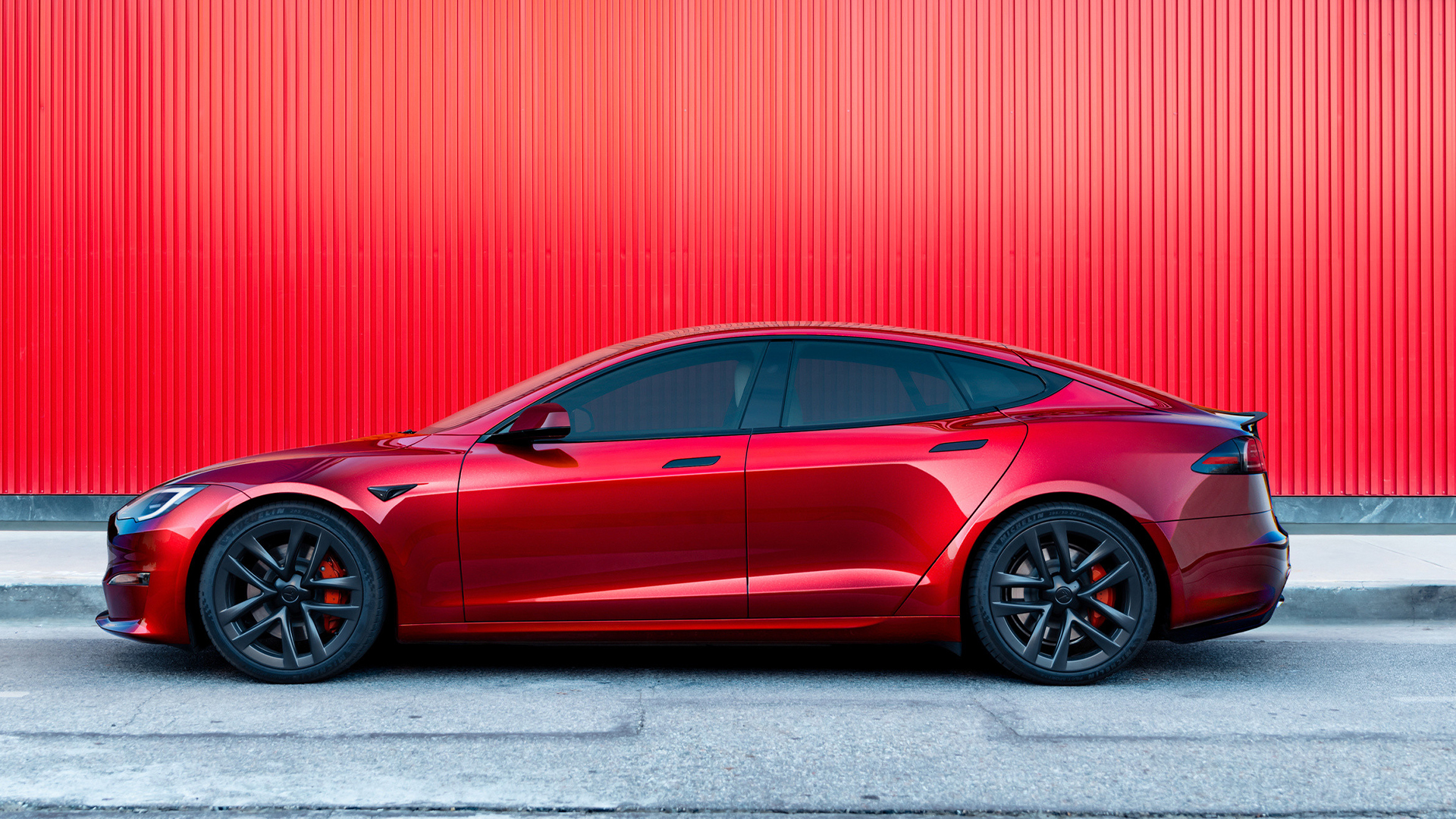

One of the greatest strengths of a connected car is the ability to issue updates over the air. That means constant feature updates, easy recalls without a dealer visit, and even the power to purchase upgrades remotely (though that opens an entirely different can of worms). But, as one group of Tesla owners claim to have found out, it can be a double-edged sword.
Last week, several Model S and X owners filed a lawsuit against Tesla over the manufacturer’s issuance of an OTA update that slashed vehicle range and, in some cases, allegedly forced owners to purchase a new battery for their vehicles.
The lawsuit against Tesla claims that software updates issued by Tesla have significantly reduced the range of affected Model S and X vehicles. We’re talking about a reported range decrease of as high as 20%, according to the lawsuit. Some owners have even reported complete high-voltage battery failures, requiring them to pony up $15,000 for a new battery pack.
The owners say that the updates pushed by Tesla are the cause of their usable range drop and battery failures. Some parties in the lawsuit also alleged that owners were unable to decline these updates once their vehicles were connected to wifi.
Specifically, the lawsuit is alleging that Tesla’s vehicles are “protected computers” in the eyes of the law. By automatically installing software updates to these vehicles, the lawsuit claims that Tesla is violating the right of owners and thus is breaching the Computer Fraud and Abuse Act, as well as the California Unfair Competition Law and the Consumer Legal Remedies Act.
This isn’t the first time that Tesla has faced a lawsuit over its software updates crippling batteries. In 2021, Tesla was forced to pay out $1.9 million to a group of more than 1,700 Model S owners that made a similar claim. As part of this lawsuit, in addition to monetary relief, lawyers are seeking an injunction that would prevent Tesla from “unilaterally updating software or modifying the performance” of vehicles without the consent of the owner.
Whether or not Tesla will end up paying out this time around is unknown. Still, the plaintiffs in the lawsuit believe that the automaker should be held responsible for its software updates reducing the range in the vehicles, whether intentional or not.
Got a tip or question for the author? Contact them directly: rob@thedrive.com